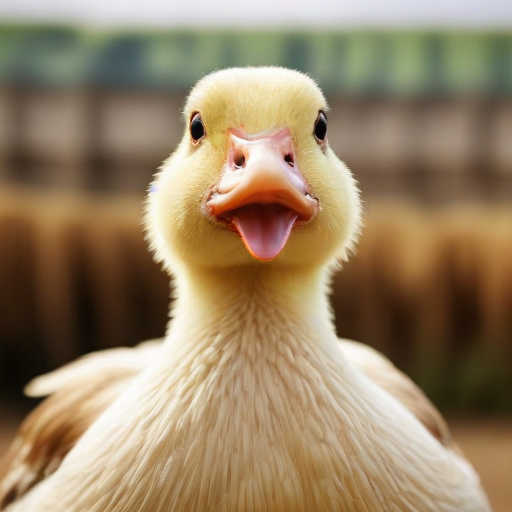For almost three years, the avian influenza virus has significantly impacted poultry farms throughout the United States, particularly in California. Recently, the virus has also been detected in cattle, and there have been 34 confirmed human cases in California, primarily among those working in the poultry and dairy sectors, since spring.
Although there have been no recorded instances of human-to-human transmission, Governor Gavin Newsom issued an emergency proclamation on Wednesday to enhance efforts against the virus’s spread. This move is aimed at providing state and local agencies with greater flexibility regarding staffing, contracting, and other operational aspects to strengthen California’s response to this evolving situation.
In his statement, Newsom emphasized California’s commitment to protecting public health and supporting its agriculture industry amidst the outbreak. He highlighted the state’s extensive testing and monitoring system as a crucial asset in keeping residents informed and safe.
The majority of the recent cases have emerged in Tulare County, the leading milk-producing area in the nation, where 18 human cases have been reported. Republican Assemblymember Alexandra Macedo criticized the governor for what she views as inadequate action regarding testing funding and response efforts. The virus has also been detected in at least 17 wastewater treatment systems.
There have been reports of flu-like symptoms and conjunctivitis among farmworkers, while a child in Alameda County experienced mild respiratory issues. Local health authorities and farms are distributing personal protective equipment; however, advocates for workers claim that the state’s actions have been insufficient, and testing on affected cattle has progressed slowly.
Experts caution that the avian flu may have broader implications beyond livestock workers. Maurice Pitesky, an associate professor at UC Davis School of Veterinary Medicine, highlighted the potential impact on food security, pointing to record-high egg prices and their repercussions on animal protein production and farmer sustainability.
Pitesky referenced a recent study funded by the National Institutes of Health that indicated even a single mutation of the virus could lead to a more infectious strain among humans. To minimize risk, he recommends avoiding raw milk and suggests that anyone raising backyard chickens—estimated to number around 100,000 in California—should practice good hygiene, such as washing hands frequently and wearing dedicated clothing while handling poultry.
In conclusion, while California grapples with the avian flu outbreak, proactive measures by government agencies and health professionals are vital to safeguarding public health and the state’s agricultural viability. The situation underscores the interconnectedness of animal health and human well-being, reminding us of the importance of vigilance and responsible practices in agriculture.
